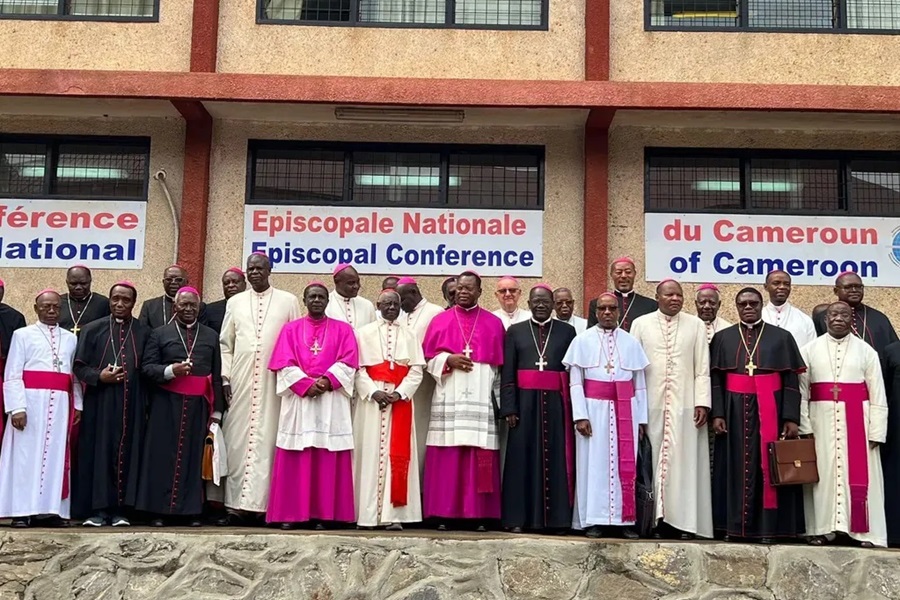WORLD – Davos, the cry of Oxfam: we are in vaccination apartheid
The World Economic Forum in Davos kicks off today until next Friday, for the second consecutive year in virtual mode due to Covid-19 . The conference was opened by a video conference by Chinese President Xi Jinping and the Forum’s founder and executive president, Klaus Schwab. In the background, the denunciation and data from the report on inequalities drawn up by the NGO Oxfam: 163 million new poor due to inequalities exacerbated by the pandemic.
Increase inequality
Vaccines for the few
A striking example – we read in the report “The pandemic of inequality”, published on the occasion of the opening of the works of the World Economic Forum in Davos – is represented by the current pandemic context with a few powerful multinationals able to monopolize the production of vaccines and life-saving treatments, which results in what is called a vaccine apartheid with fatal consequences for those who are not vaccinated, but also for those who are vaccinated, due to the increased risk of new variants that can render existing vaccines ineffective. According to Oxfam, the democratic system itself is in crisis, allowing people to be left alone in the face of a global battle.
More and more poor
The outcome of these disparities is certified by the numbers presented by Oxfam. The pandemic has indeed led to a sharp increase in poverty around the world. Today there are 163 million more people who are estimated to live on less than $ 5.50 a day compared to 2019. But – notes the international organization – if in 2020 most people recorded a decline in income levels, in 2021 the scenario appears to have changed. By comparing the different economic recovery trajectories between countries, the World Bank predicts that the incomes of the richest 20% of the world population will rise, recovering almost half of what they lost in 2020, while those of the less well-off will lose. a further 5% compared to the first year of the pandemic. Faced with such a scenario,
The possible answers
In the first two years of the pandemic, the ten richest men in the world have more than doubled their assets, from 700 to 1,500 billion dollars, at a rate of 15 thousand dollars per second, 1.3 billion dollars a day. “The problem is not to point the finger at them, but to highlight that even in these two years in the world wealth has been created, but instead of solving the great global problems, it has ended up in the hands of a few”. This was stated by Elisa Bacciotti , director of the Oxfam Campaigns and Programs Department in Italy.
Andrea De Angelis – Vatican City






